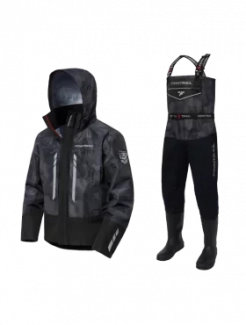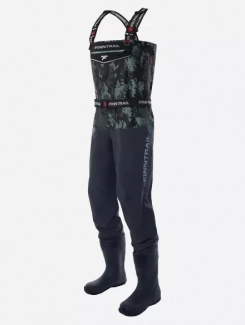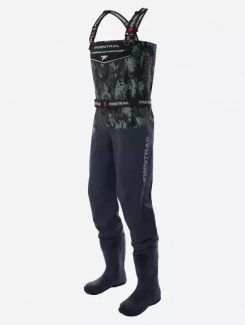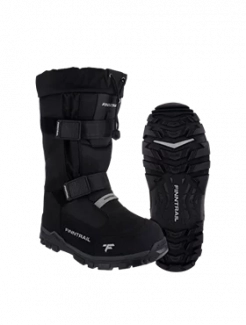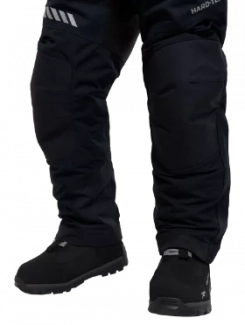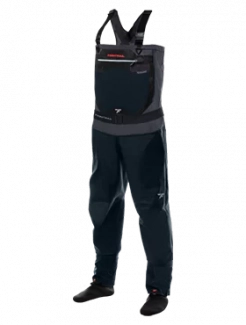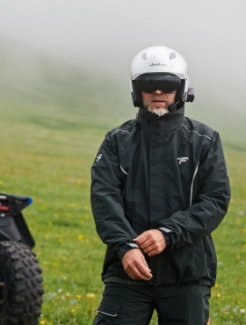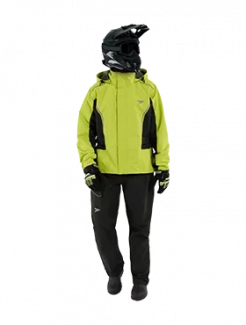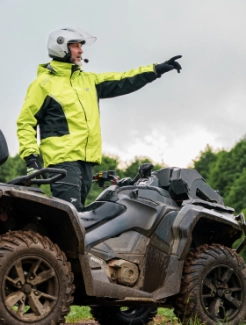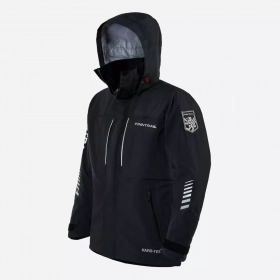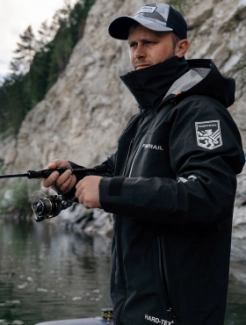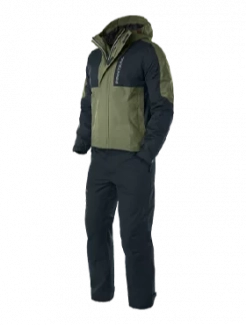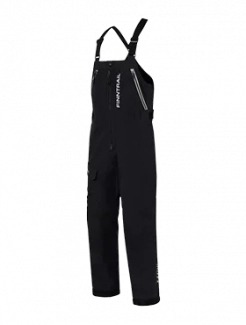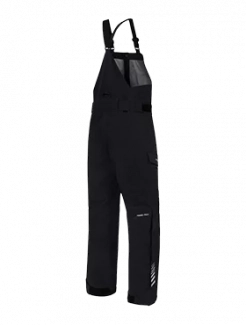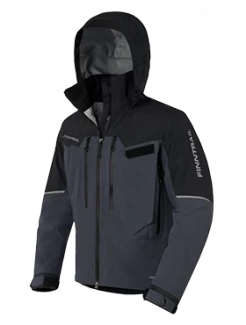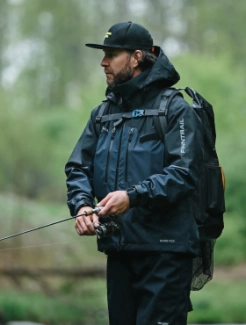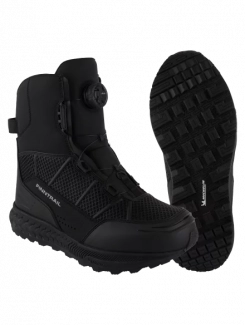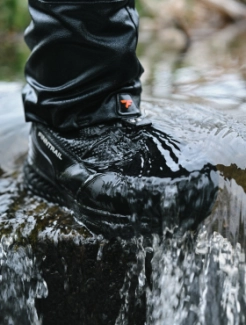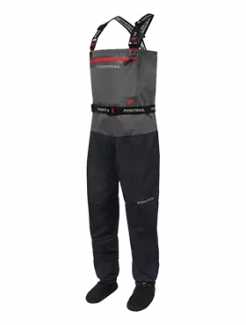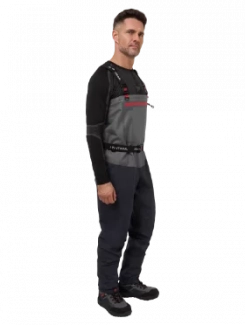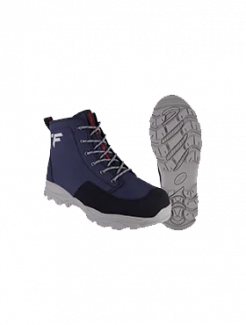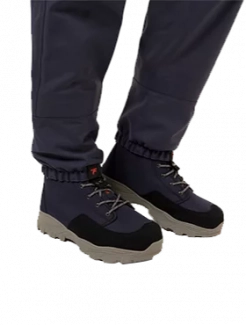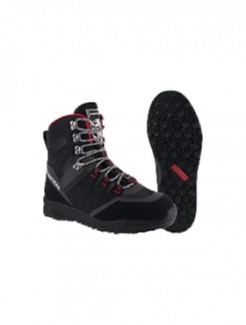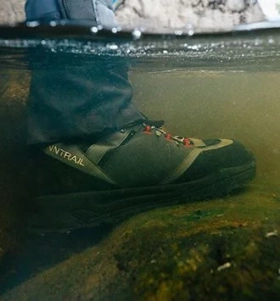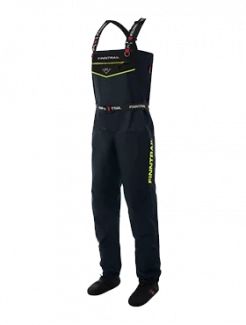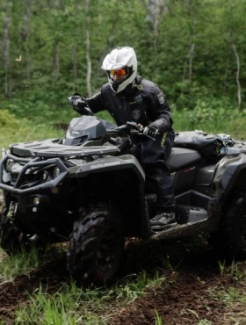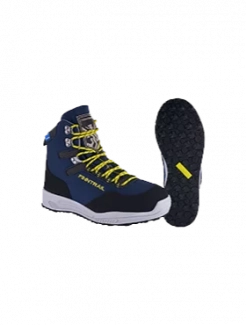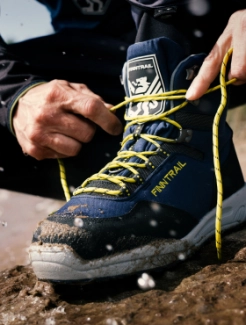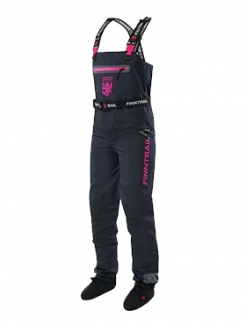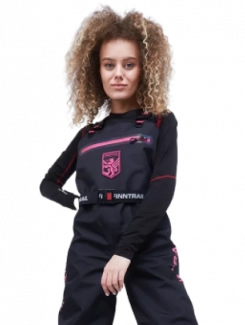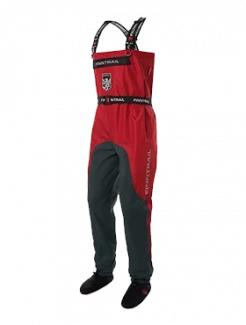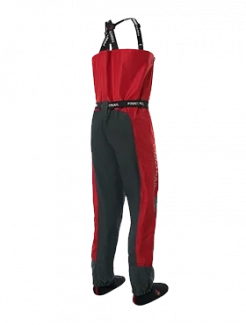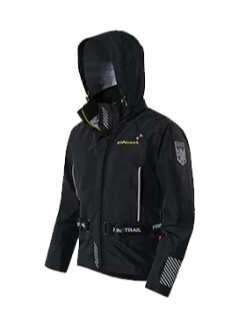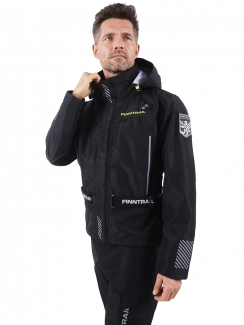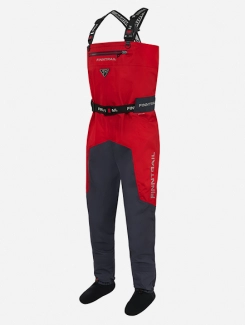How to Eliminate ATV Brakes Noise
ATV brakes squeaking, screeching, and grinding are an annoyance and a distraction. They can irritate you and anyone around you. Thankfully, they aren’t usually dangerous. If there is danger involved, it might be the distraction or frustration you feel because of the sound. If you ignore the sound, it might be dangerous to your wallet. This post will tell you how to eliminate ATV brakes noise, rid yourself of this annoyance, and protect yourself from expensive rotor replacements.
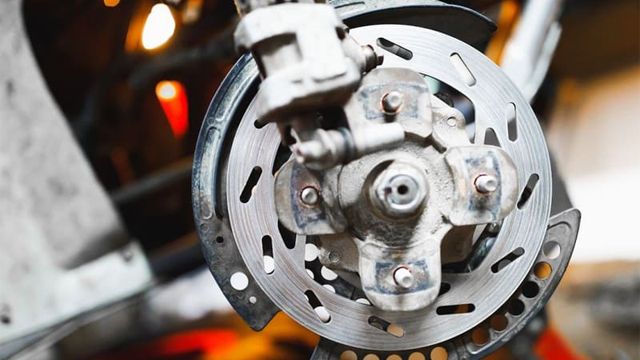
Why Do My ATV Brakes Squeak?
That’s the burning question. Simply, it’s usually one of the brake parts rubbing against the rotor. What you have to determine is which part.
Worn Brake Pads
Some brake pads come with a wear indicator that is designed to screech when the brake pads near 3mm so you know it’s time for a change. The manufacturers have actually planned their product on the irritation of noisy brakes, knowing you’ll want to change those brake pads and won’t let them get too low.
Replace the brake pads to stop the noise.
If you have brake pads without this wear indicator or you ignored it, you may hear a loud grinding noise. This is when your brake pads have become so worn that metal is rubbing on metal. You will need new brake pads and probably a new rotor. Those things aren’t cheap, so try to catch the problem before this happens.
Dirty Brake Pads
Brake pads contaminated with debris and small rocks can make noise when they press into the rotor. This will probably sound like a screech.
These brakes might be able to be cleaned. Otherwise, you may have to replace them.
Rusted Rotor
This is particularly likely if you spend a lot of time in the mud or water. If the rotor gets rusty, it can make a noticeable noise. You might be able to remove a small amount of rust, but if you have a lot of rust, you will probably have to take the ATV to a mechanic.
If you try to clean the rotor yourself, make sure not to get brake cleaner on the brake pads. A small amount can be washed off with soapy water, when you catch it quickly. If a large amount ends up on your brake pads or you didn’t remove it, you will need new brake pads because brake cleaner can cause them to swell and come apart.
Brake Hardware
If the brake hardware that rubs the brake pads against the caliper gets old, you can hear a noise. You can notice this on disc brakes and drum brakes.
To fix this, you’ll need new brake hardware.
Lack of Lubrication
Several brake components need lubrication, the brake caliper bracket, the contacts between the pads and the guide pins, the back of the brake pad, and the top of the brake hardware. Copper anti-seize is the ideal lubrication for brakes because it can withstand such a wide range of temperatures.
If this is the problem, you just need to lubricate your brakes. Make sure to only use a small amount of copper anti-seize because it can collect dirt.
Dust Shield
The dust shield behind the rotor can bend and touch the rotor or it can rust. When it does, it makes a scraping sound.
You can clean a lightly rusty dust shield. Otherwise, you’ll need to replace it.
ATV Brakes Noise After Changing Pads
If you start hearing a noise after changing your brake pads, the first thing to consider is whether you added metallic brake pads. These pads are naturally noisy. They are metal rubbing on metal, after all. Otherwise, an ATV brakes noise after replacement can mean the same things as included in the list above. Check it to make sure none of those apply and you didn’t know to look for them.
ATV Brakes Noise from Front End
You may only be hearing a noise in the front because this is where the debris got in, because the front brake pads will wear out first, or because your ATV has inboard brakes that are likely to make noises, particularly when wet.
ATV Brakes Noise from Rear
Noises from the rear brakes can mean you happened to have one of the problems above only in your rear brakes. Certain ATV models are known to have problems with their rear brakes making noises because of an issue in the drive train.

